A movie about a brother and sister in a rural African village demonstrates the power of film to contribute to constructive social change.
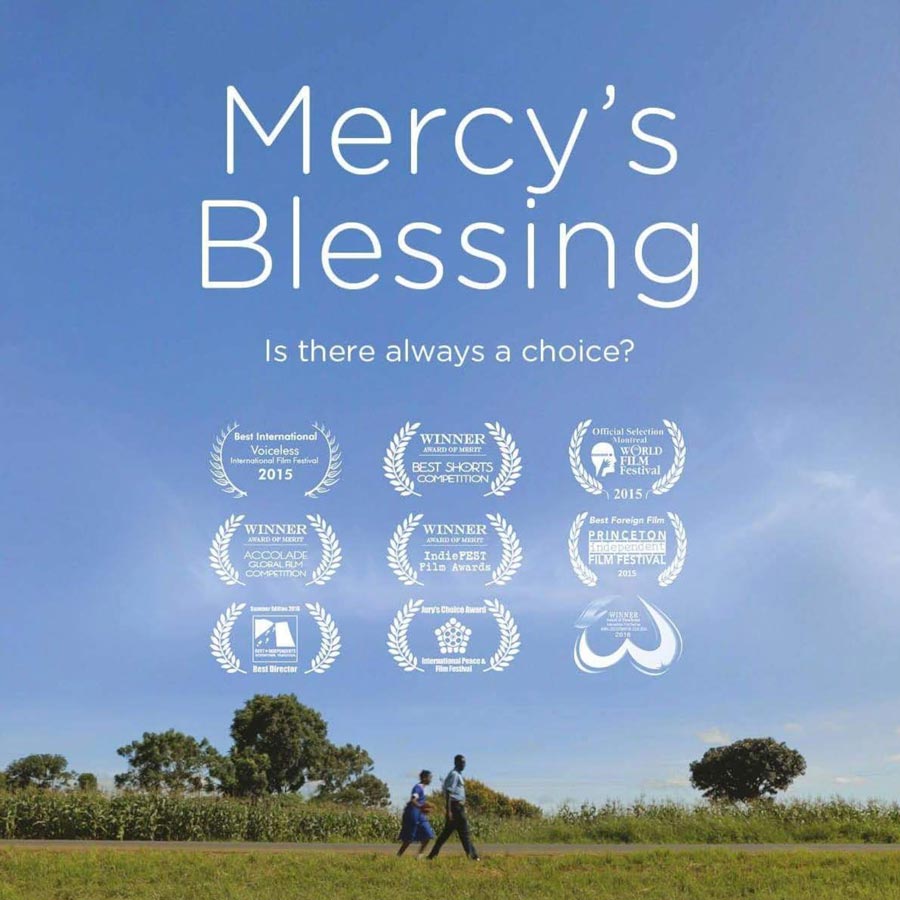 Mercy’s Blessing, written and directed by Baha’i independent filmmaker May Taherzadeh, is a moving and profound exploration of the connection between love and sacrifice in the midst of social injustice. It has received widespread acclaim and has already won ten international film awards.
Mercy’s Blessing, written and directed by Baha’i independent filmmaker May Taherzadeh, is a moving and profound exploration of the connection between love and sacrifice in the midst of social injustice. It has received widespread acclaim and has already won ten international film awards.
The film is centered on the story of two siblings. The older, named Blessings, wants to raise his younger sister, Mercy, and himself out of poverty through education. As obstacles mount for the family, Blessings becomes increasingly conscious of the injustices around him and the power of choice.
Over 100 initiatives in more than 40 countries world-wide are using “Mercy’s Blessing” as a tool in advancing the discourses about the equality of women and men, human rights, social justice and world citizenship.
“The idea was to show a person in a dire situation making a selfless sacrifice. This ability to sacrifice, to be generous and think of the well-being of another, is a reflection of the strength of the human spirit.” Ms. Taherzadeh said.
Mercy’s Blessing draws attention to issues ranging from the education of girls to the prevalence of child brides:
Education holds an important place in the new order of things. The education of each child is compulsory. If there is not money enough in a family to educate both the girl and the boy the money must be dedicated to the girl’s education, for she is the potential mother. If there are no parents the community must educate the child. In addition to this widespread education each child must be taught a profession, art, or trade, so that every member of the community will be enabled to earn his own livelihood. Work done in the spirit of service is the highest form of worship. – Abdu’l-Baha, Divine Philosophy, p. 83.
The film is currently being used as a part of the United Nations Joint Programme for Girls’ Education in Malawi to spearhead a nationwide campaign
The themes the film addresses—privilege, equality, sacrifice, and responsibility—have connected to audiences around the world. In addition to its release to film festivals and smaller venues in 2015, Mercy’s Blessing has been shown in association with various initiatives in a number of countries including Vanuatu, Ireland, South Africa, the United States, and the Netherlands to advance discussions about human rights, social justice, and the equality of women and men. The film has been officially selected for participation in 21 film festivals.
Some organizations have screened the film and organized an accompanying workshop to reflect on the emotions and questions the story evokes—and to think about community development. Young people viewing the film have been especially moved by the idea that individual choice and sacrifice can effect positive change, even in the midst of structural injustices that ultimately require broader societal transformation as well.
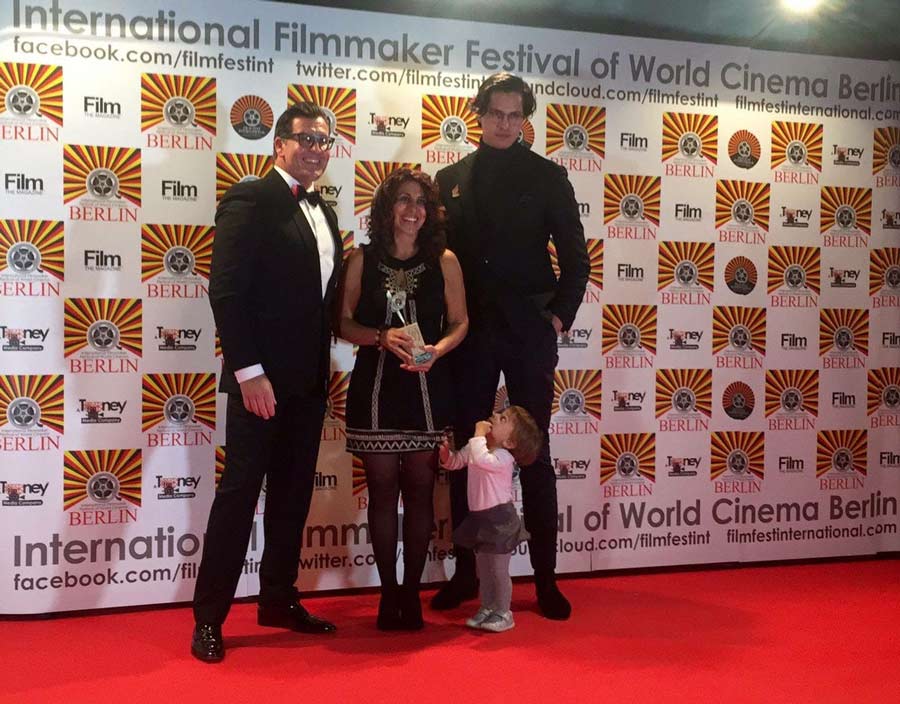
Writer and director May Taherzadeh (center) and Editor and Assistant Cameraman, Heinrich Nuesslein (right), receive an award for “Best Short Foreign Language Film” and “Best Editing for a Foreign Language Film” at the International Filmmaker Festival of World Cinema in Berlin 2016.
With a background in documentary filmmaking, Ms. Taherzadeh, who grew up in Malawi, was interested in exploring how a fictional story could touch hearts using the power of art. “A quotation from the Baha’i writings that has always inspired me says that art can better awaken noble sentiments than cold rationalizing, especially among the mass of the people,” she explained. “While it is an African story, the film shows universal themes of love and sacrifice, hope and despair, that remind us of our common humanity. It is wonderful to see how the film inspires courage for change in people everywhere, living in very different circumstances.
“Nobody is where they are only because of themselves. We are all here because of the sacrifices of somebody else.”
You can watch the film’s trailer here, and the entire film is now available online for free viewing.


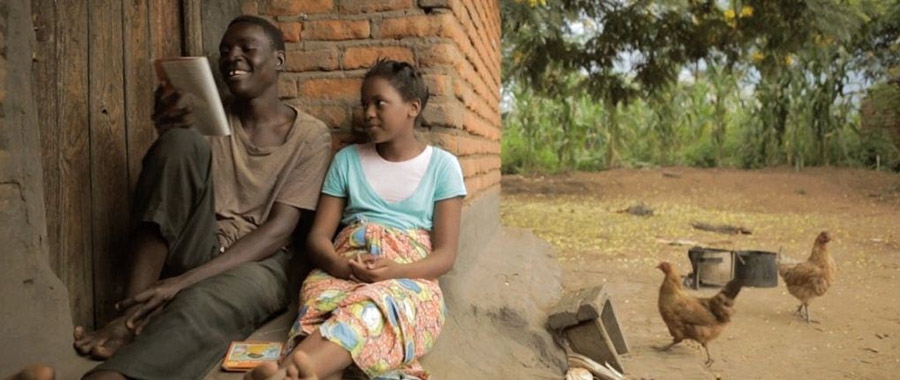

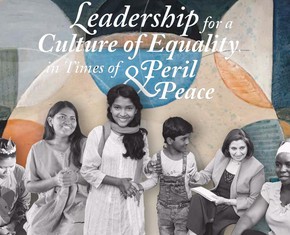


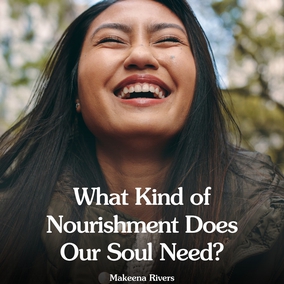








Comments
Sign in or create an account
Continue with Googleor